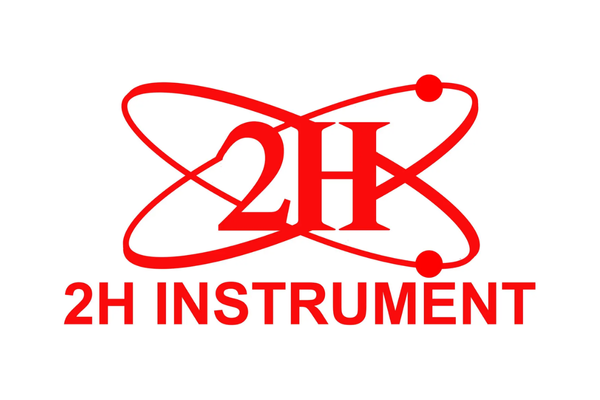The Xenocs Xeuss 3.0 is a small-angle X-ray scattering (SAXS) instrument with added capabilities for grazing-incidence SAXS (GISAXS) and wide-angle scattering (WAXS).
Unlike traditional X-ray diffractometers, SAXS enables measurement of larger dynamic range of length scales (from nanometers to microns) through an extended scattering path and low-background collimation.
The advanced grazing-incidence SAXS (GISAXS) module enables understanding the size, shape, and arrangement of features on a surface, ideal for nano-patterned substrates.
The integrated high-temperature sample stage (-150 °C to 350 °C) allows for advanced temperature-dependent phase characterization of polymeric materials. And the low-volume BioCUBE flow cell conserves difficult to obtain biological materials (down to 5 µL sample aliquots), with simultaneous UV/vis spectrometry for sample concentration measurements.
The advanced Dectris EIGER2 R 1M hybrid pixel detector packs 1 million hybrid pixels in a 77 by 80 mm2 area and allows for the concurrent and accurate measurement of features ranging from the sub-nanometer (<10-9 m) to sub-micron (<10-6 m). SAXS measurements are considered to be the benchmark method for establishing the size and shape of colloidal assemblies (both biological and hard materials) within solution.
Source: Core Center of Excellence in Nano Imaging at University of Southern California

